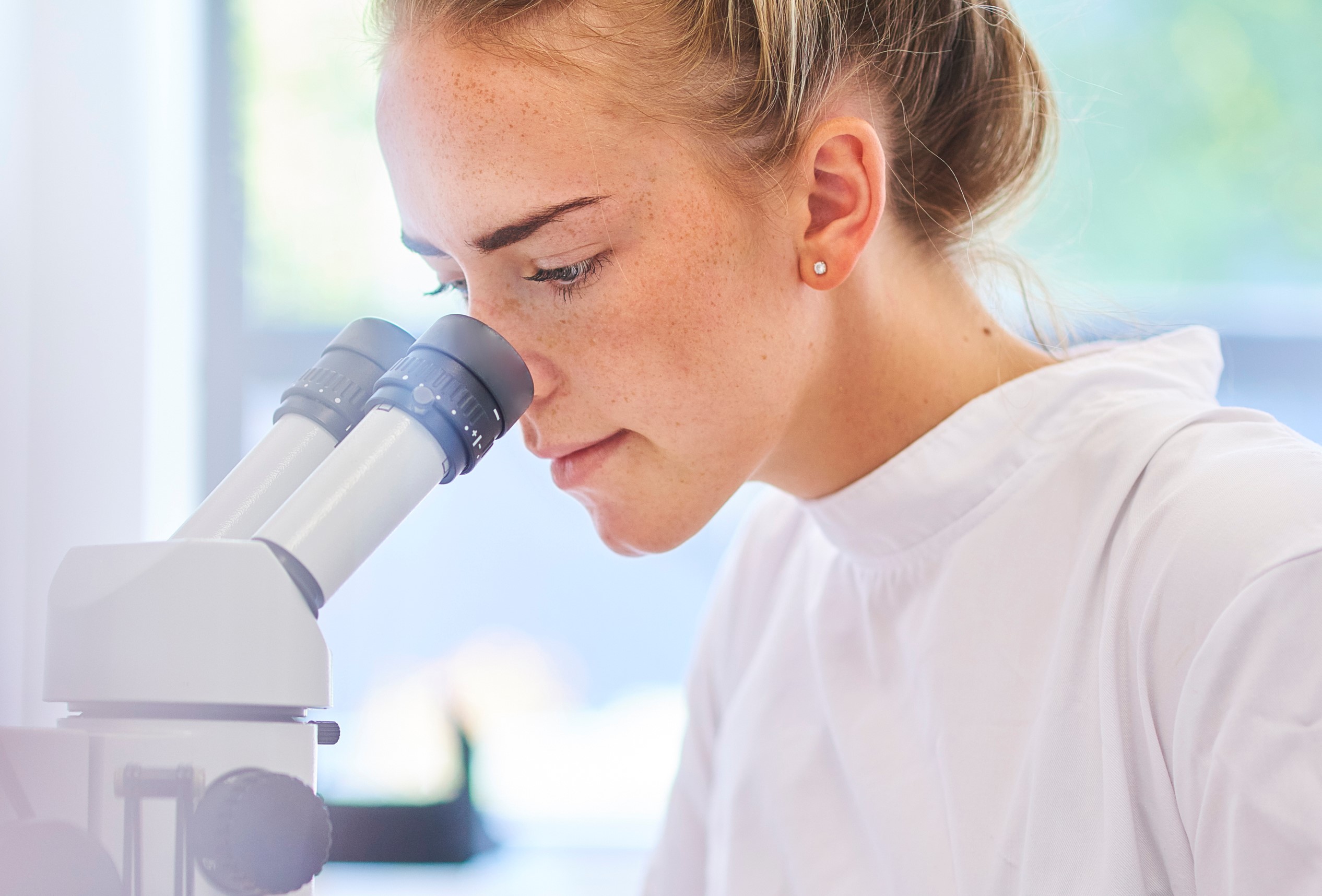
Decellularized kidney extracellular matrix-based hydrogels for renal tissue engineering
DESCRIPTION
Kidney regeneration is hindered by the limited pool of intrinsic reparative cells. Advanced therapies targeting renal regeneration have the potential to alleviate the clinical and financial burdens associated with kidney disease. Delivery systems for cells, extracellular vesicles, or growth factors aimed at enhancing regeneration can benefit from vehicles enabling targeted delivery and controlled release.
Hydrogels, optimized to carry biological cargo while promoting regeneration, have emerged as promising candidates for this purpose. This study aims to develop a hydrogel from decellularized kidney extracellular matrix (DKECM) and explore its biocompatibility as a biomaterial for renal regeneration. The resulting hydrogel crosslinks with temperature and exhibits a high concentration of extracellular matrix.
The decellularization process efficiently removes detergent residues, yielding a pathogen-free biomaterial that is non-hemolytic and devoid of α-gal epitope. Upon interaction with macrophages, the hydrogel induces differentiation into both pro-inflammatory and anti-inflammatory phenotypes, suggesting an adequate balance to promote biomaterial functionality in vivo. Renal progenitor cells encapsulated in the DKECM hydrogel demonstrate higher viability and proliferation than in commercial collagen-I hydrogels, while also expressing tubular cells and podocyte markers in long-term culture.
Overall, the injectable biomaterial derived from porcine DKECM is anticipated to elicit minimal host reaction while fostering progenitor cell bioactivity, offering a potential avenue for enhancing renal regeneration in clinical settings.